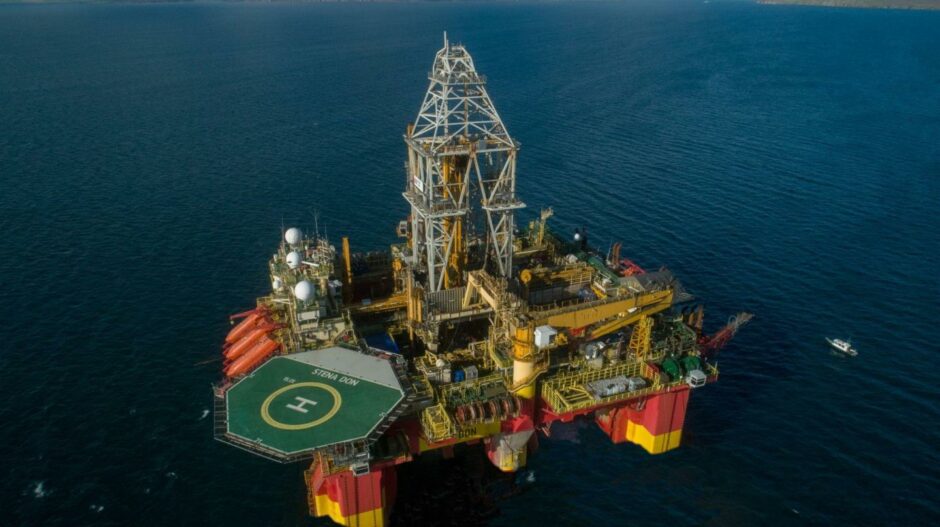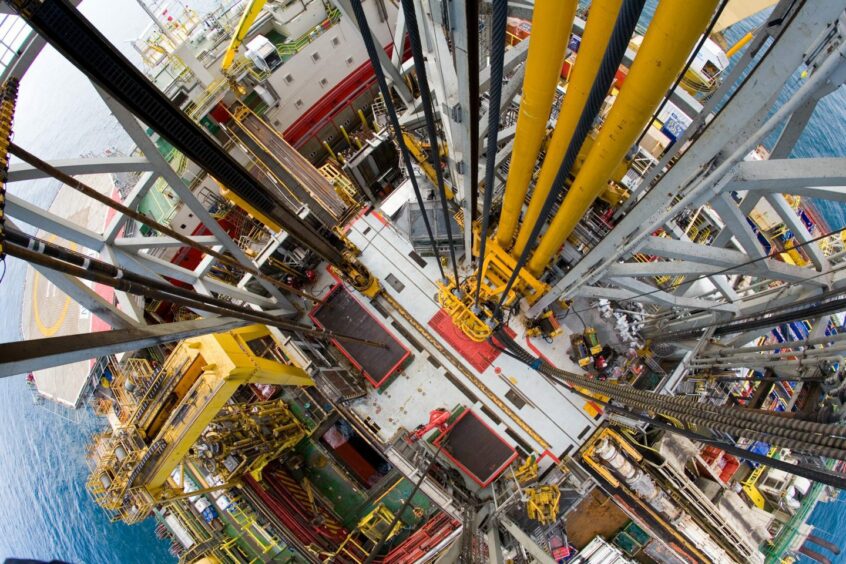
The Health and Safety Executive (HSE) has issued a warning to Stena Drilling relating to potential risks of legionella bacteria exposure on its Stena Don installation.
The ‘improvement notice’ followed an inspection of the Stena Don carried out between August 8-10 this year.
Stena Drilling “failed to undertake a suitable and sufficient assessment” of the health risk of legionella exposure to its employees from “work activities and/or water systems”, the HSE said.
Inspectors found the Aberdeen-based company had not completed a site survey of all the water systems on the Stena Don.
Additionally, there was no “up-to-date schematic diagram or asset register” from which Stena Drilling could identify all possible sources of harm.
Stena Drilling carries out ‘full review’
In a statement to Energy Voice, Stena Drilling said: “During a recent HSE inspection on Stena Don, it was identified that some of the procedures the company had in place were not considered sufficiently robust regards Legionella risk.
“It should be noted that at no time during the HSE’s inspection was Legionella detected on Stena Don.
“Stena Drilling takes the health and safety of our personnel as paramount importance and as a result of the HSE’s findings, a full review of procedures concerning Legionella has been carried out and where necessary, further safety measures have been put in place.”
Legionella health risks
According to the HSE, Legionella bacteria occurs naturally in freshwater sources, like rivers and ponds, and also in man-made water systems.
Maintaining water at a temperature high enough to encourage bacterial growth can cause health risks.
Inhalation of the bacteria can lead to a severe and potentially fatal form of pneumonia known as Legionnaires’ disease, as well as a milder flu-like illness called Pontiac fever.
According to the HSE, the most common sources of legionella include cooling towers, evaporative condensers, hot and cold water systems and heated pools.
Those at increased risk from infection include people over 45 years of age, smokers and heavy drinkers, people suffering from chronic respiratory or kidney disease and people with diabetes, lung and heart disease.
Public Health Scotland recorded 44 cases of Legionnaire’s disease in 2022, a slight increase on previous years.
In a similar incident last year, the safety watchdog issued a warning to Dana Petroleum after it found employees were at risk of exposure to legionella bacteria on its Triton FPSO.
The HSE also issued a warning notice to Spirit Energy for risk prevention and control process failures at its Morecambe field in 2018.
Recommended for you


 © Supplied by Cairn Energy 2011 ha
© Supplied by Cairn Energy 2011 ha